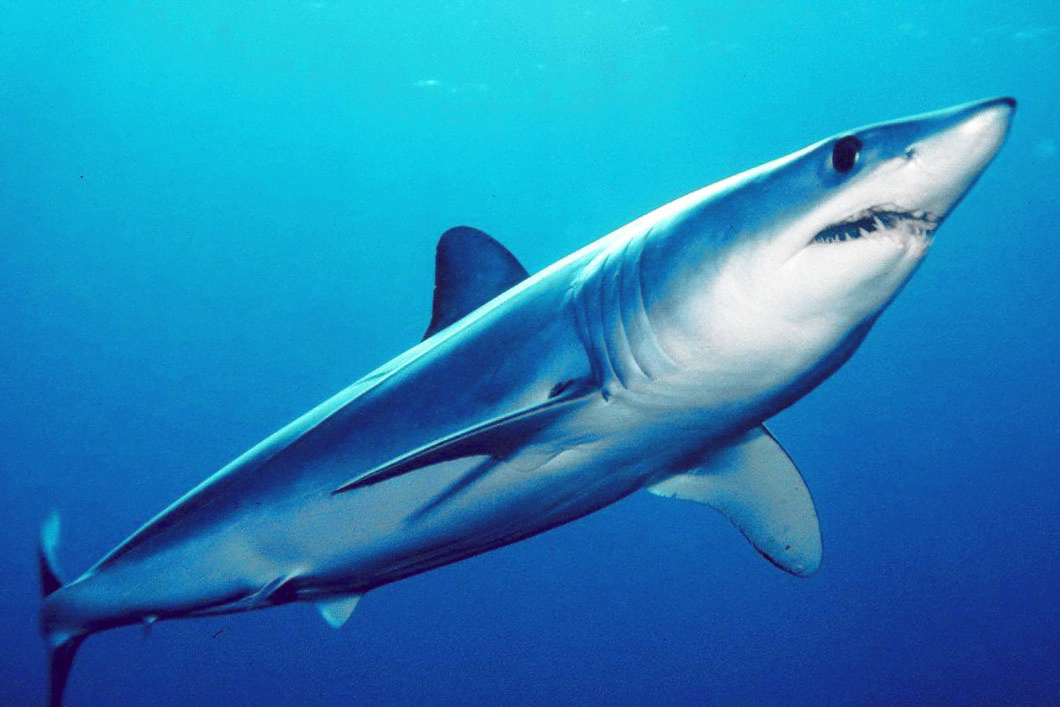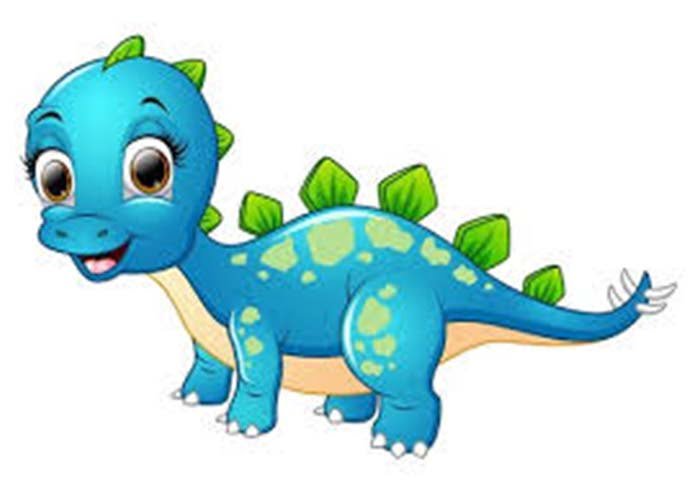Sharks: Heroes of the oceans in danger!

Sharks, these incredible marine predators, are seeing their diversity decline. Let’s discover why their role is so important for our oceans!
In the mysterious depths of the oceans, a silent story has been unfolding for millions of years: the story of sharks. These ancient predators have survived many changes, but today, their functional diversity is decreasing, endangering the balance of the marine ecosystem.
What is Functional Diversity?
Functional diversity is the variety of roles that different species play within an ecosystem. For example, in a forest, some animals eat plants, others are predators, and others recycle waste. All these roles are essential for keeping the ecosystem healthy.
When this diversity is high, an ecosystem can better resist changes. If one species disappears, others can fill its role, preventing the ecosystem from collapsing.
Sharks: Guardians of the Oceans
Sharks have existed for over 250 million years. They are not just terrifying predators but also guardians of the oceans. Some control prey populations to prevent overpopulation, while others clean the sea floor by eating carcasses.
Teeth: Treasures of the Past
Shark skeletons don’t fossilize well, but their teeth do. By studying fossilized teeth, scientists discover the ecological roles of past sharks. It’s like piecing together a puzzle to understand the lives of these ancient predators.
The Golden Age of Sharks
Sharks had high functional diversity for 66 million years, especially 20 million years ago during the Miocene epoch. At that time, they played various roles in the oceans, contributing to their health and resilience.
An Alarming Decline
But for the past 10 million years, shark functional diversity has been decreasing. This is due to extinctions, environmental changes, and overfishing. The disappearance of unique sharks, like the megalodon, has left an ecological void.
Protecting Our Marine Heroes
This decline reminds us of the importance of protecting today’s sharks. By supporting sustainable fishing, reducing pollution, and creating marine protected areas, we can help preserve these ancient predators and the vital roles they play.
